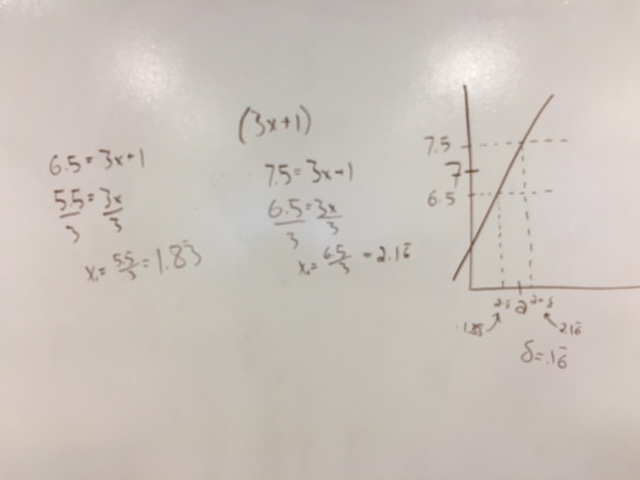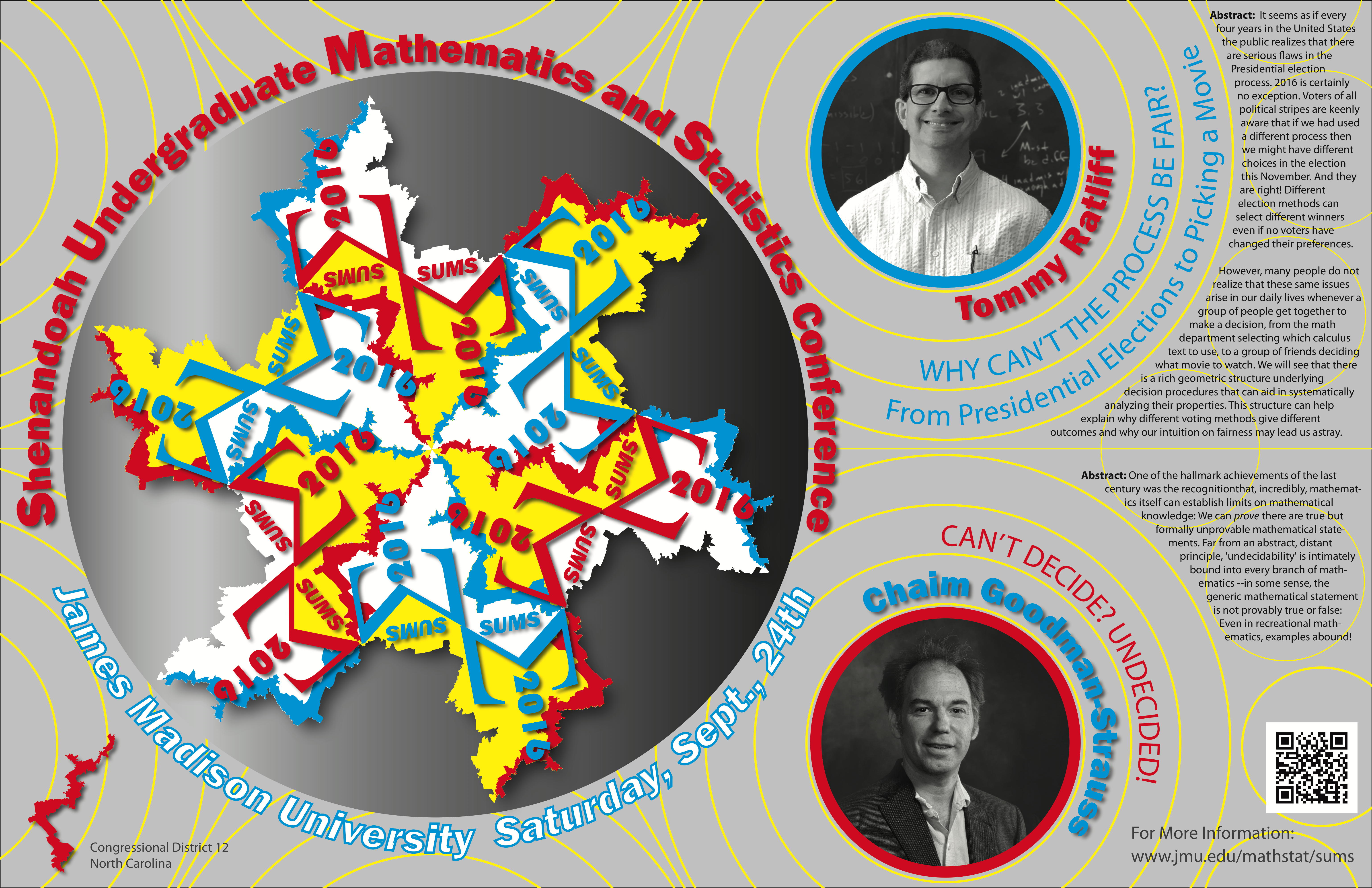If you’re doing fine in Math 231, then this post isn’t for you; stop reading and go keep doing whatever you’ve been doing, because it’s working!
On the other hand, if you feel like you’re underwater in this class and struggling to stay afloat, don’t panic. You can fix this. Get a cup of tea, take a deep breath, and read on.
// If you failed one or both quizzes you can still do well in this class
It doesn’t help to start out with some low scores, but there are plenty of opportunities to rebound and earn more points in this class. Theoretically, a student that fails both quizzes and then works to earn B’s and A’s on the remaining quizzes and exams could easily end up with a B or an A for the course. Don’t worry about your past quiz scores. Worry about figuring out how to turn things around and start doing better as soon as possible.
Math is something you learn by struggling; it isn’t supposed to just come naturally, and if you have to work hard and struggle, it doesn’t mean that you are stupid. It just means you need to put in some more time to master the material. You *will* master it if you put in the effort.
// Have you been doing enough homework to master the material?
If you’re struggling to do well in class and on quizzes, then take a good hard look at your notebook. Are you doing what you need to do each day to master the material?
- You should be doing at least the minimum suggested homework as stated in the Homework Noteboook Policy. And that’s the minimum; you may need to do much more homework than the minimum to get yourself to a place where you’re confident that you can handle any question that could be on the quiz.
- Homework is the single most important factor that will determine how you do on the quizzes. Look at the questions on the quizzes, and try to figure out what they correspond to in the homework and the reading. The wording, presentation, and/or numerical values may differ, but each quiz problem is based on homework and examples from the book. If you’re not doing your homework then you won’t be ready for the quiz problems.
- Remember you can check your answers to any calculational problem by using the free online tool www.wolframalpha.com, so you aren’t stuck without answers to the even problems.
// Have you been seriously preparing for class each day?
The 2-point Daily Quizzes are meant to be easy wins. If you’re not getting nearly all of the Daily Quizzes right then you probably aren’t preparing enough before class. So how do you prepare better? Here are some tips:
- If you’re skimming the section then slow down and actually read it. You may need to read things more than once as you make sense of things. Your goal is to understand the material, not just to turn the pages and get through it.
- Try doing the pre-class reading while sitting in the Math and Science Learning Center. That way if there is a paragraph you don’t understand, you can ask one of the tutors about it.
- When taking notes, at a minimum you should probably record the things that are in the Theorem and Definition boxes. Most of the DQ’s so far have been from that content. In the future I’ll ask you more things from “outside the boxes”, but at least start with the boxed content.
- You may have to work through the examples in the reading yourself to truly understand them. At the start of an example, try doing the problem yourself. Look at the next step in the book when you get stuck, then try working on your own again, etc.
// Camp out in the SMLC
Are you doing your homework alone? Studying for quizzes alone? Stop it right now and go to the SMLC.
- The Science and Math Learning Center (SMLC) is on the first floor of the Student Success Center. Its hours are Mon-Thurs 10am-8pm, Friday 10am-2pm, and Sunday 5pm-8pm.
- If it’s been busy when you go to the SMLC then find a different time to go; traffic ebbs and flows and you’ll get more help with the center is less busy.
- Don’t forget you can also find people to study with by adding your info to the (optional) Study Group Finder spreadsheet.
// Make a plan and start right away
So what’s next? If you’re in trouble in this class, then draw up a plan for getting yourself out of it. What specific steps can you take to prepare better for the next quiz? What extra time in your schedule can you devote to working on this course? Whatever you do, don’t delay! Find a way to act as soon as possible. Please feel free to stop by my office or email me any time if you want help working out a study plan.




